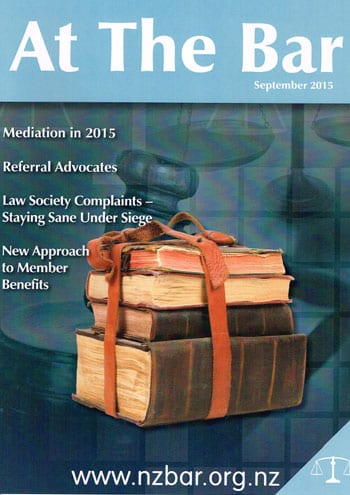If you’re struggling with Stress or sleeping troubles this may be having adverse effects across many other areas of your life including your work performance or your relationship with friends and family, not to mention finding time to exercise and eat well. There is overwhelming evidence to show that sleep is literally THE foundation of all health and wellbeing.
Not getting enough sleep each night has been shown to alter the expression of over 700 genes in the body. Studies show links between lack of sleep and a vast array of health conditions including anxiety, depression, cardiovascular disease, diabetes, premature ageing, memory loss, substance abuse and weight gain. With approximately half of the NZ population having sleeping troubles it’s no wonder there is an increasing prevalence of these health conditions within our communities.
Quality sleep supports optimal healing and repair in the body as well as better preparing you for the daily challenges of life. By prioritising your sleep, you are protecting yourself from all aspects of ill health, giving your body the most powerful of anti- stress strategy and ensuring you get more out of your day.
If you find it hard to achieve your 8 hours of sleep each night, read on for our top sleep tips below.
- Reduce Stress. Stress is undoubtedly the most common reason for sleeping problems. Cortisol, a hormone produced during times of stress, is stimulating by its very nature and can have a serious impact on your ability to fall asleep and stay asleep.
Do all that you can to mitigate the stress in your life. If you find you have a ‘second wind’ from 10pm until 1am and become energized at this time, or you go to sleep and wake again an hour or 2 later, or several times in the night — cortisol may be an issue for you.
You can reduce cortisol with these tips:
- Set an alarm to start your bedtime wind down routine 1 hour before your anticipated sleep time. Switch off your laptop and stay away from screens of all kinds. It has been scientifically proven that interactions such as emailing, texting and Facebook etc. can delay sleep onset by up to 1.5 hours so try to avoid interacting with technology in the lead up to bedtime as the light emitted from these screens can interfere with the body’s production of melatonin (your sleep hormone) and stop you from getting your much needed rest.
- Wash your worries away. A warm bath helps your muscles relax. Research has shown a hot bath or shower half an hour before bed helps bring about a change in your body temperature which is needed to fall asleep.
- Minerals and nutrition for relaxation. Mineral deficiencies are a leading cause of sleep disturbances as they can adversely impact on the nervous system and the body’s ability to handle stress. Minerals taken before bed can have a positive impact on naturally sedating the nervous system. They help neurons to “fire” more functionally. Find a formula which contains nutritional co-factors that support all phases of sleep and take it each night before bed.
- Breathing Techniques. Deep slow breathing can reset your nervous system and induce a state of relaxation which will enable you to get to sleep. If you are not sure where to start there are some fantastic guided meditations and breathing technique videos online.
- Avoid Alcohol. Don’t use alcohol as a sedative to get you to sleep as it does not promote good quality sleep.You don’t get the full phases of sleep and it will often wake you up between 12am and 3am which according to Chinese medicine is “Liver” time.
- Prepare for tomorrow. Check your schedule as you finish work for the day so you are not wondering if you have forgotten anything for the next work day. Make a list of everything you need to do the next day. Keep a note book by the bed in case you get some ideas that need to Do Remembered. Write them down and then forget about them until tomorrow.
- Develop a Regular sleep routine. Go to bed at the same time each night and get up at the same time each morning 8 hours later. Even in the weekend try to get into a good sleeping pattern. Have a wind down period before bed with no stimulating activities involving the TV, computer, electrical device or intense physical activity. This is your time to unwind and relax.
- Make sure your bedroom is a comfortable temperature (18.5° C to 21″C) and reduce outside noise and light. Use ear plugs to reduce outside noise and black-out curtains and/or an eye mask to block out light. This encourages your body to achieve the deeper restorative phases of sleep.


